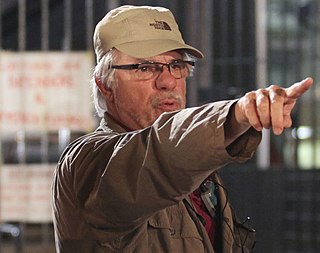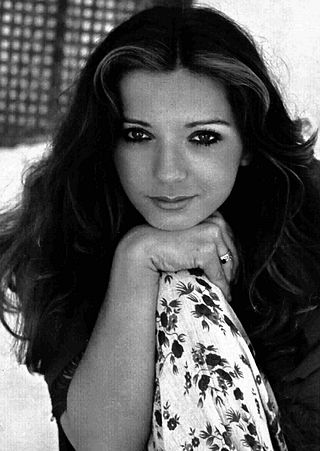
Eugene Ormandy was a Hungarian-born American conductor and violinist, best known for his association with the Philadelphia Orchestra, as its music director. His 44-year association with the orchestra is one of the longest enjoyed by any conductor with any American orchestra. Ormandy made numerous recordings with the orchestra, and as guest conductor with European orchestras, and achieved three gold records and two Grammy Awards. His reputation was as a skilled technician and expert orchestral builder.
Hans Matheson is a Scottish actor and musician. In a wide-ranging film and television career he has taken lead roles in diverse films such as Doctor Zhivago, Sherlock Holmes, The Tudors, Tess of the d'Urbervilles, Clash of the Titans and 300: Rise of an Empire. In addition to acting, Matheson sings and plays guitar, violin and harmonica, and released an album of his songs in 2019.
Taro Hakase is a Japanese musician who specialises as a violinist and composer.

Anne-Sophie Mutter is a German violinist. Born and raised in Rheinfelden, Baden-Württemberg, Mutter started playing the violin at age five and continued studies in Germany and Switzerland. She was supported early in her career by Herbert von Karajan and made her orchestral debut with the Berlin Philharmonic in 1977. Since Mutter gained prominence in the 1970s and 1980s, she has recorded over 50 albums, mostly with the Deutsche Grammophon label, and performed as a soloist with leading orchestras worldwide and as a recitalist. Her primary instrument is the Lord Dunn–Raven Stradivarius violin.

Joseph Szigeti was a Hungarian violinist.

Mattia Sbragia is an Italian character actor.

Ilona Feher or Ilona Fehér, was one of the representatives of the Hungarian Violin School whose greats are: Joseph Böhm, Joseph Joachim, Jakob Grün, Leopold Auer, Jenő Hubay, Carl Flesch, Joseph Szigeti, Tibor Varga, Sandor Vegh, André Gertler, Kato Havas, Paul Rolland, Geza Szilvay, etc. She was also a noted violin teacher.

Jenő Hubay, Jenő Hubay von Szalatna, Hungarian: szalatnai Hubay Jenő, also known by his German name Eugen Huber, was a Hungarian violinist, composer and music teacher.

Stefi Geyer was a Hungarian violinist who was considered one of the leading violinists of her generation.

Jelly d'Aranyi, fully Jelly Aranyi de Hunyadvár (Hungarian: Hunyadvári Aranyi Jelly was a Hungarian violinist who made her home in London.

Domiziana Giordano is an Italian artist, actress, photographer, and video artist. Giordano has played roles in work directed by Mauro Bolognini, Jean-Luc Godard, Neil Jordan, Ken McMullen, Nicolas Roeg, and Andrei Tarkovsky, amongst others.
Paolo Maurensig was an Italian novelist, best known for his book Canone inverso (1996), a complex tale of a violin and its owners.

The David di Donatello for Best Score, known as the David di Donatello per il miglior musicista prior to 2021, is a film award presented annually by the Accademia del Cinema Italiano to recognize outstanding efforts on the part of film music composers who have worked within the Italian film industry during the year preceding the ceremony. The award has been given every year since 1975, with the exception of the 1979 and 1980 editions.
Adila Fachiri was a Hungarian violinist who had an international career but made her home in England. She was the sister of the violinist Jelly d'Arányi, with whom she often played duets.
The Vlach Quartet is the name of two consecutive classical string quartet musical ensembles, based in Prague, both of which were founded by members of the Vlach family. The original Vlach Quartet was founded by Josef Vlach in 1950 and wound up in 1975. In 1982 the New Vlach Quartet was founded by his daughter Jana Vlachova, with guidance her father, and came to be known as the Vlach Quartet of Prague, and is still active as a musical ensemble.

Andrea Prodan is an Italian-Argentinian film actor, composer and musician. He is the younger brother of rock star Luca Prodan, notable for his musical career in Argentina, leading the rock band Sumo.

Fiona Brice is an English composer, orchestral arranger and violinist.

Ricky Tognazzi is an Italian actor and film director. He has appeared in 50 films and television shows since 1963. His film The Escort was entered into the 1993 Cannes Film Festival.
Carlo Siliotto is an Italian film composer.

Simonetta "Simona" Izzo is an Italian actress, voice actress, director and screenwriter.














